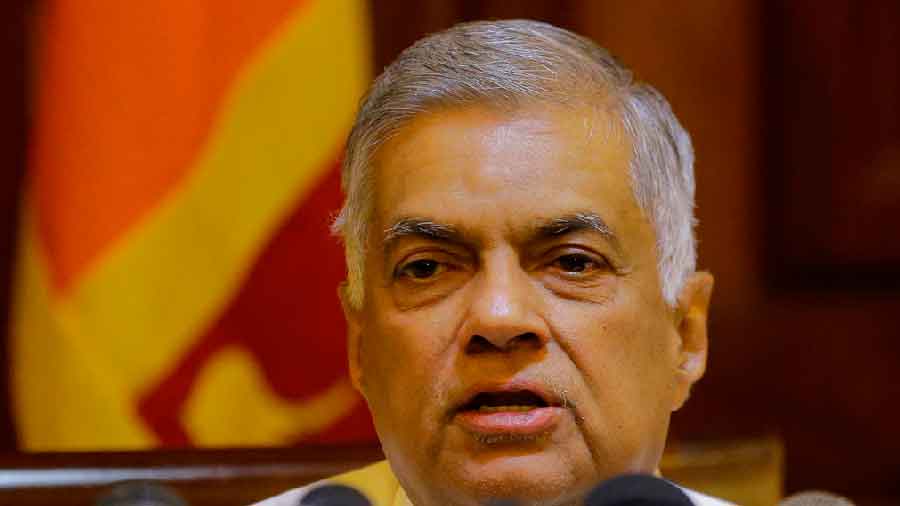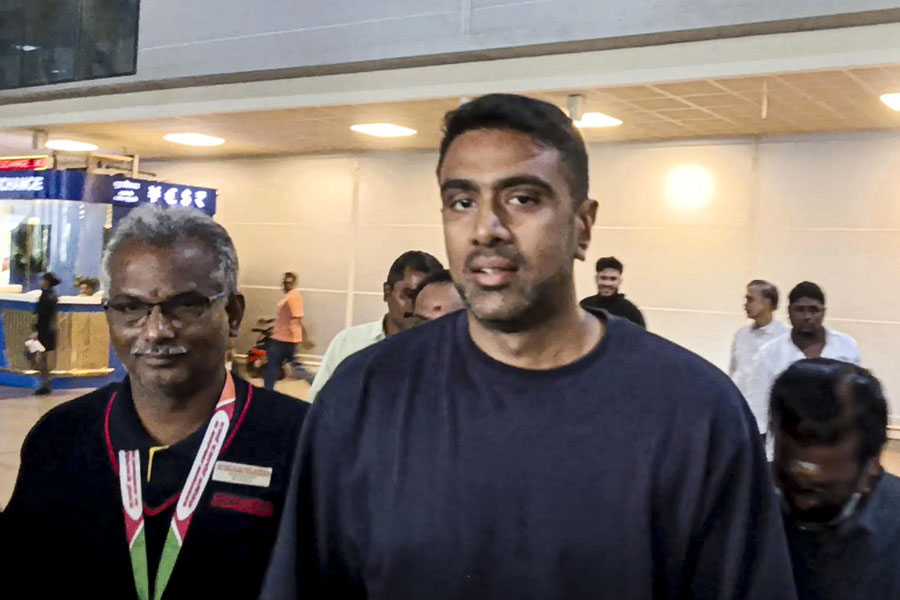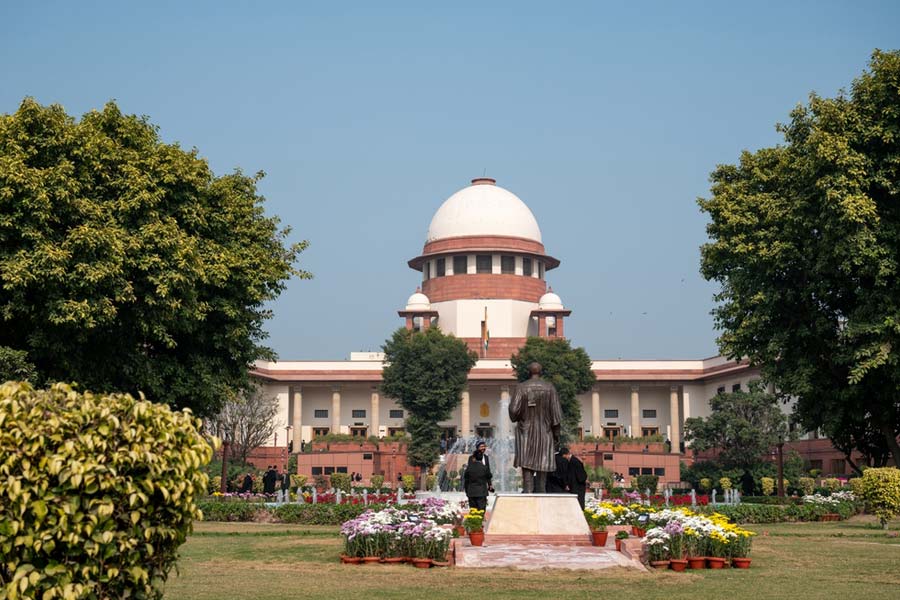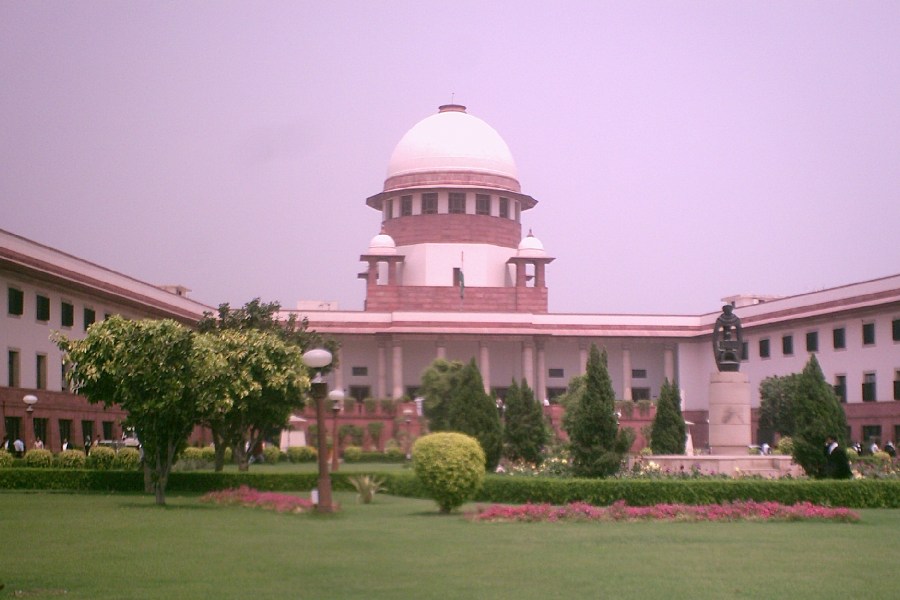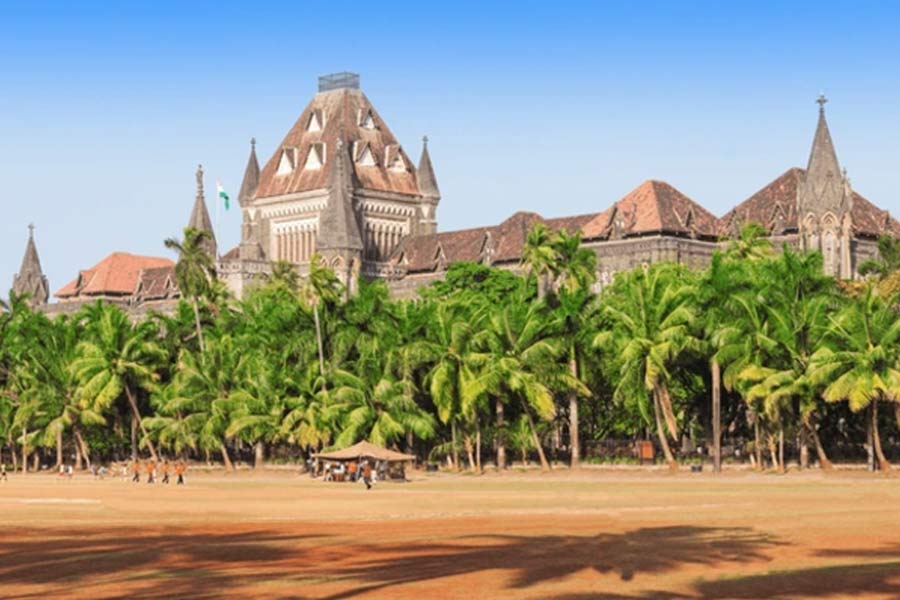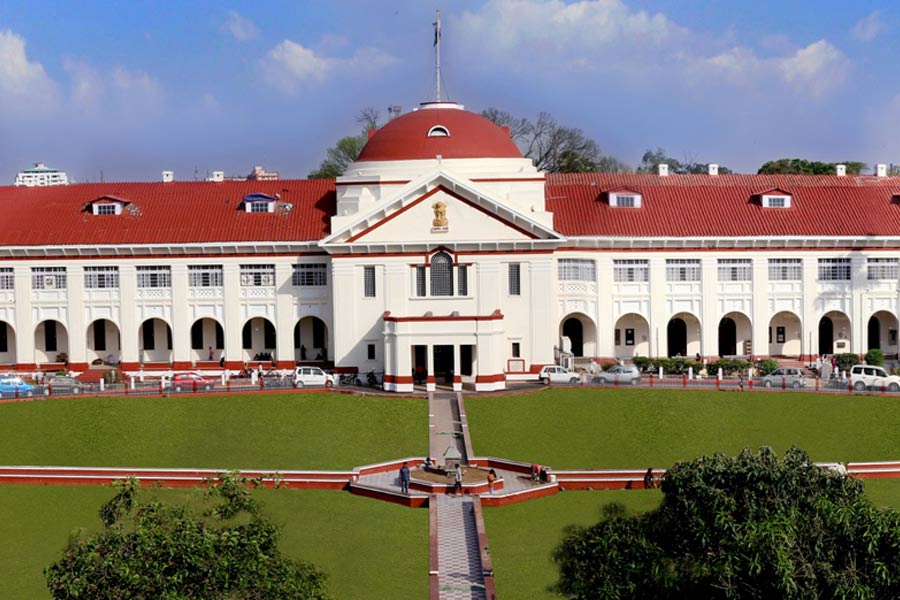A Sri Lankan government minister on Wednesday submitted to parliament a constitutional amendment bill that would clip the powers of the President, a key demand of protesters calling for political reforms and solutions to the country’s worst economic crisis.
Justice Minister Wijayadasa Rajapakshe presented the bill, which would transfer some presidential powers — including those to appoint independent election commission members, police and public service officials, and bribery and corruption investigators— into the hands of a constitutional council comprising lawmakers and respected non-political persons.
The council would then recommend candidates for these appointments that the president could choose from. Under the proposed amendments, the President also would only be able to appoint a chief justice, other senior judges, an attorney-general and a central bank governor on the recommendation of the council. The Prime Minister would recommend appointments to the cabinet and the President would not be allowed to hold any ministry positions except defence.
The bill, which will undergo debate, must be approved by two-thirds of Sri Lanka’s 225-member parliament to become law.If passed into law, the amendments would reinstate democratic reforms made in 2015. Gotabaya Rajapaksa, who was ousted as President by angry protests last month, reversed those reforms and concentrated power in himself after being elected to office in 2019.President Wickremesinghe,who succeeded Rajapaksa,has promised to limit the powers of the presidency and strengthen parliament.
Protests end
After 123 days of unprecedented anti-government protests which saw the ouster of Gotabaya Rajapaksa, the agitation over the country’s worst economic crisis formally ended on Tuesday, even as the demonstrators said that their campaign for a “system change” would continue.

